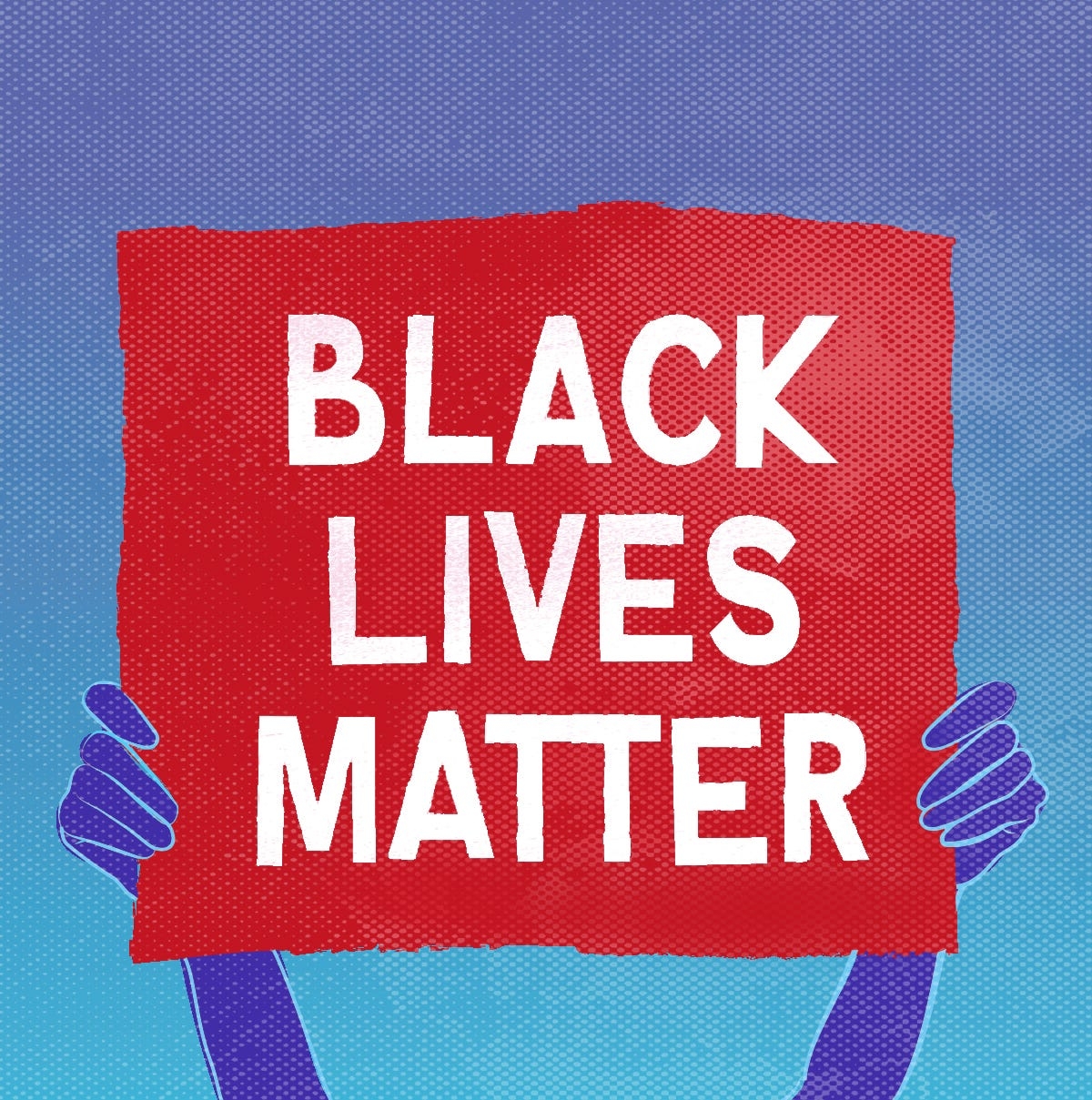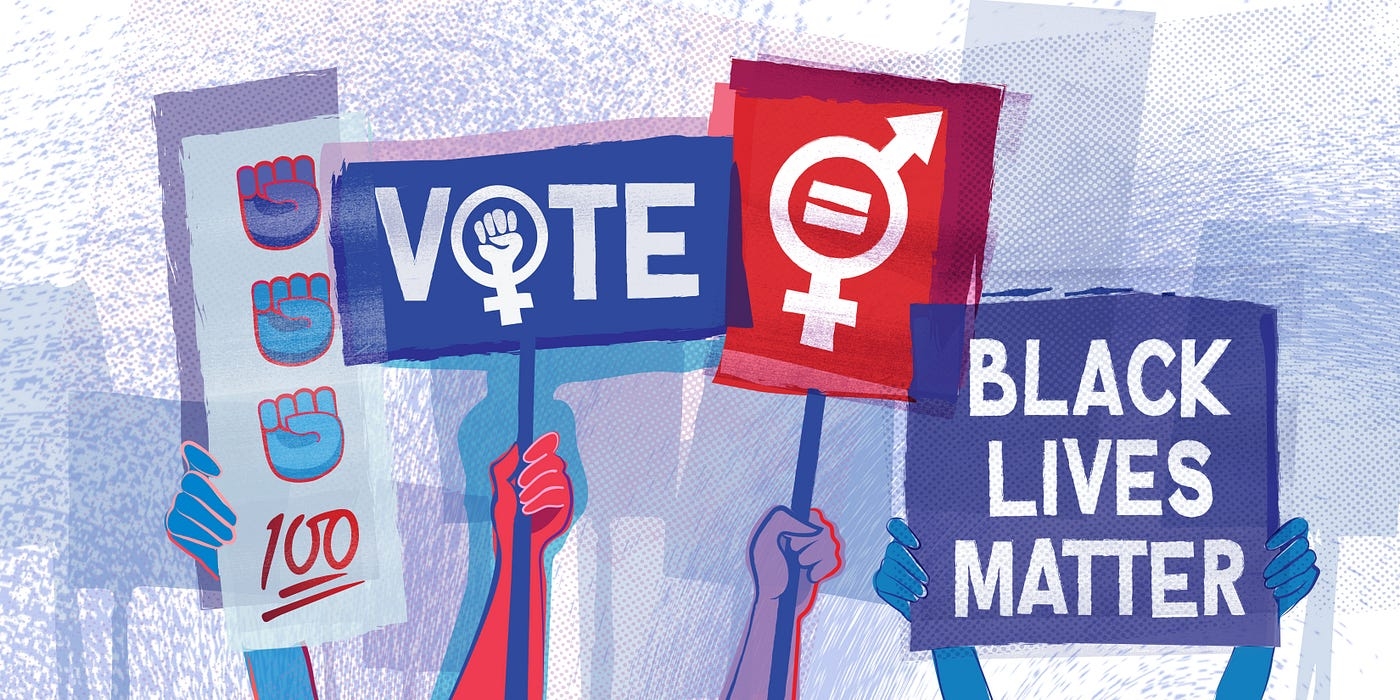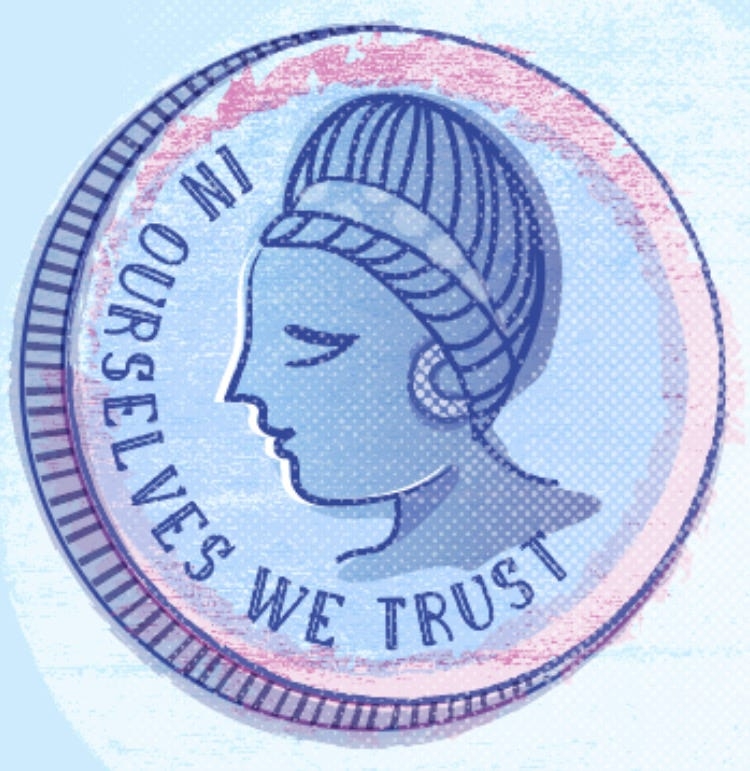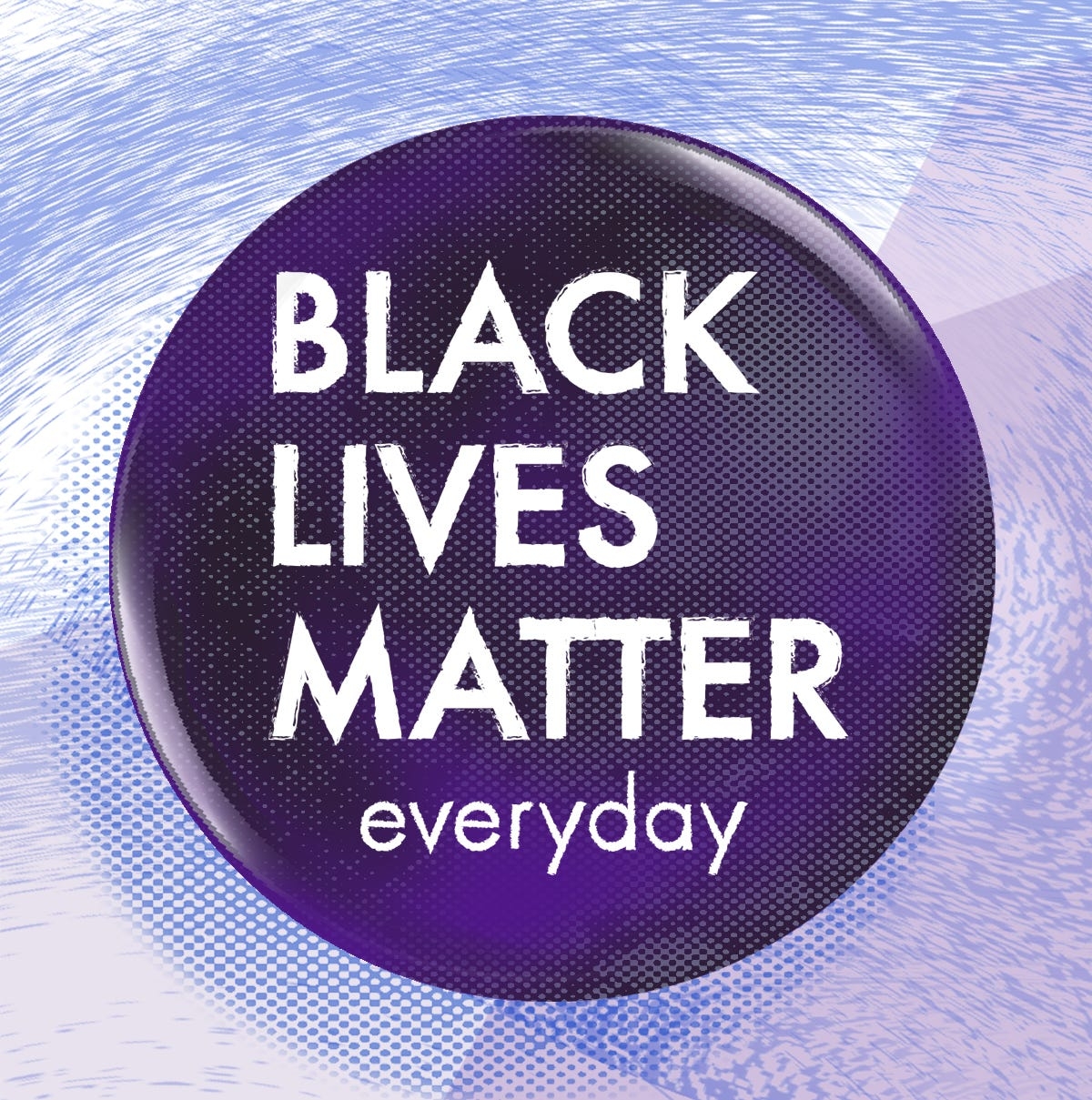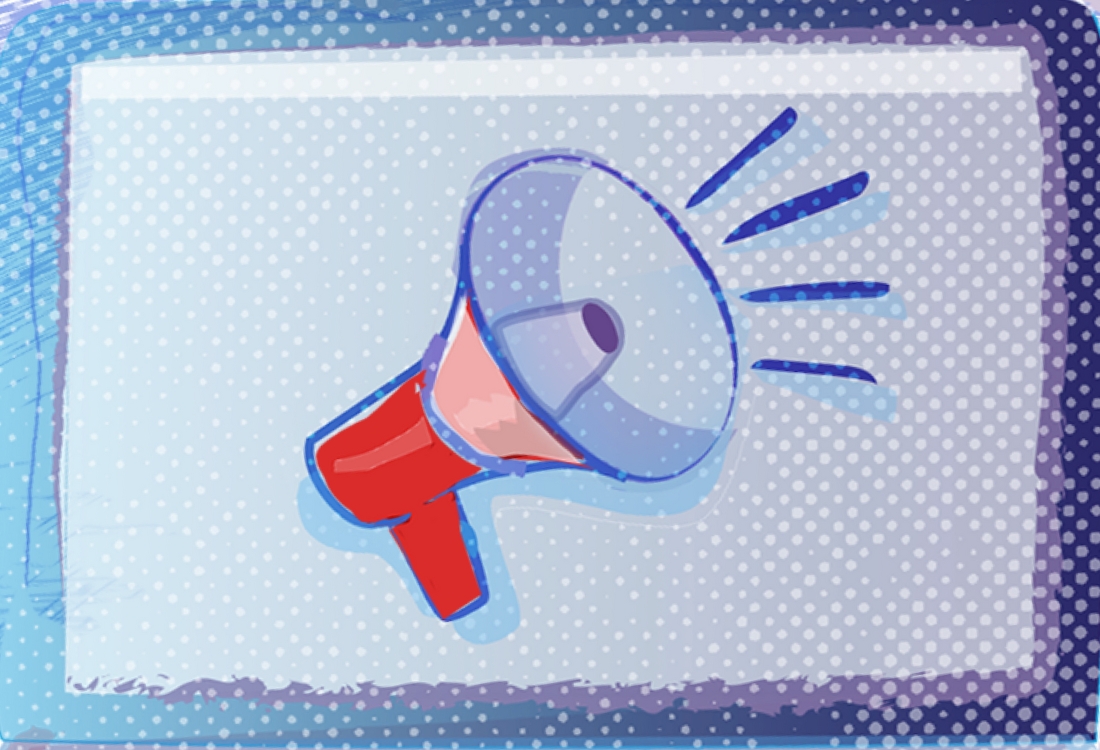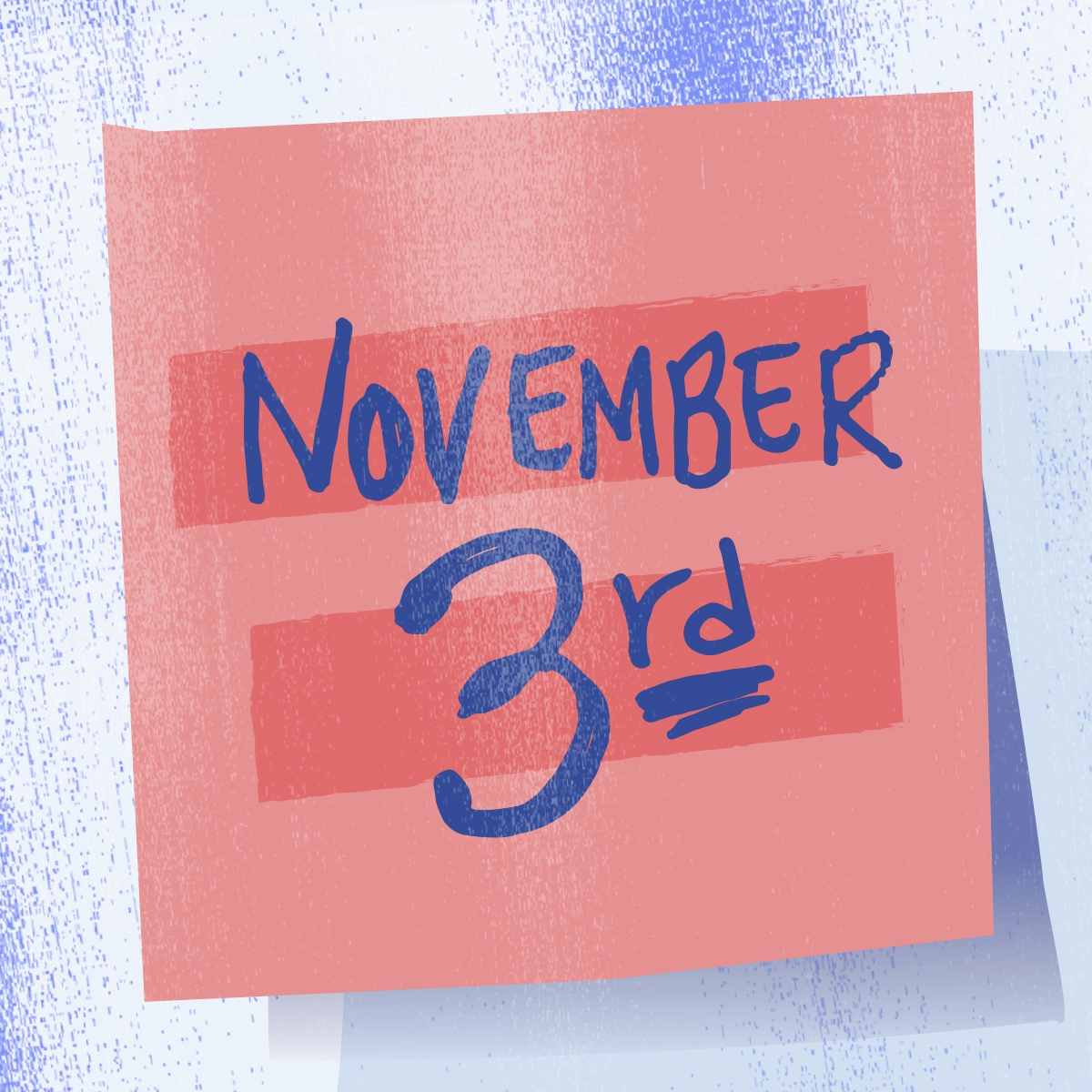A Century of Politics, Persisting, and Patriarchy
Previously published on The Ascent on medium
A century later, white women better make this one count.
Emily O. Weltman, September 19, 2020
“If you don’t vote, you don’t exist.” — Gloria Steinem
Time is ticking.
American freedoms have yet to be universal. As benefactors of the patriarchy, white women have contributed to the persistence of white supremacy. We have aided in the oppression of others for several hundred years. This country was not created in our image; white women worshiped it anyway.
Discriminatory practices persist like the layer of mycellium over our planet, touching everything. Antiquated racist and sexist policies stand. If the patriarchy is the microbial layer, racism is the earth’s core.
100 years ago, Black women suffragists fought for us all to exist. Let that sink in. A century ago, only years after slavery ended, Black women chose to help white women win our freedom. They did so despite white women’s persistent mistreatment.
100 years ago, Black women suffragists fought for us all to exist.
In 1920, after taking care of our homes and families, they marched with us. Black suffragists taught white women movement-building tricks. The Patriarchy used tricks of their own (poll taxes, “grandfather clauses,” literacy tests) to prevent new voters, (tactics invented in the 1870s to prevent votes from freed Black Men).
White men’s fear tactics, like lynching, successfully suppressed votes again. But many Black women voted anyway, before being disenfranchised for decades by racist, sexist, and classist laws. Fannie Williams, a Black suffragist, taught Missouri women how to get around roadblocks meant to stop their vote. The results: “nearly every woman in the city, Black or white, registered that season,” (National Geographic, 2020).
Survival, persistence, and resilience in activism all came from Black suffragists like Ida B. Wells. Black women knew they would not benefit equally from their emotional and physical labor; they stood by us anyway. That is allyship.
After the 19th Amendment, most white women went back home as our nation repeated its offenses. As Kimberly Jones put it, “[They] are lucky what Black people are seeking is equality and not revenge!” Indeed, we are lucky. Despite exhaustion and “broken social contracts”, they battled injustice again and again.
Black women like Pauli Murray, Adelene McBean, Irene Morgan, Jo Ann Robinson, Sarah Louise Keys, (and many more) worked to simply sit beside us. Until 1956, they spent another 36 years forced to sit in back on public transportation, (Civil Rights Teaching, Hipkins). We were not moved by this injustice.
In 1963, women like Joan Trumpauer sat with “steadfast, non-violent courage” at lunch counters to fight for Black women to eat by our side. They were dragged down and beaten but got back up, (Civil Rights Movement Archive).
Later that year, Black American’s joined MLK at the Freedom March in Washington D.C. Their demands for equality led to the 1964 Civil Rights Act.
In the decades to follow, progress was made; but the dream was not achieved.
“The 1970 Women’s Strike for Equality was the largest women’s rights demonstration since the era of suffrage — and more inclusive than anything that had been seen before.”–The New York Times
In the 1970s and 80s, Ruth Bader Ginsburg, an ACLU lawyer, won 5 landmark cases on equality before the Supreme Court. In 1993 she was confirmed as a judge, and “believed that the law was gender-blind and all groups were entitled to equal rights.” Her work overturned laws that benefited all women (History.com, 2020).
RBG was not perfect, but she was a pioneer for civil rights. She brought people with her, listened, and learned. She corrected mistakes. Can all women say the same?
In 2016, over half of white women failed us all. Thanks to myopic views of equality, the struggle for Black women to simply exist continues.
In 2020, more white women have been moved. In Portland, (a liberal sanctuary city), moms lined up in solidarity to protect BLM protesters from federal troops. Sadly, too many white women still missed the point.
We must stop showing up only when our gender is threatened.
It’s truly remarkable how quickly times change, yet how long progress takes.
In August, Black Lives Matter was chanted across the country. A new generation stood in solidarity for racial justice in front of the Lincoln Memorial, picking up the fight from their grandparents. Yet, 57 years after the Freedom March, inequality remains a national emergency.
“There is no civil rights movement, no #MeToo movement and certainly no Black Lives Matter movement without brave Black women. When Black women championed equality for the least of these, they championed for us all.”–Kellie Carter Jackson
It’s truly remarkable how quickly times change, yet how long progress takes. All summer white women declared Black Lives Matter. Did we mean it?
In the weeks to come, the evidence will be in our actions. Anti-racist voters can choose with their money, time, and ballots. Listen to Kamala and “recommit to fight for [RBG’s] legacy,” and the legacy of all suffragists.
Start taking actions over intentions.
Tweets are not enough. As Tuck Woodstock noted, “Portlanders unable to take to the streets have also created roles from themselves within the [BLM] movement.” Begin making reparations, often without leaving the house.
Don’t just study the true history of being Black in America; use it to act.
Pay BIPOC creators and artists, via Venmo, cash app, or “Buy me a Coffee” links. It is appropriate and more than welcome to pay them for their labor.
Spend at local Black women-owned businesses and share lists like these.
Follow and pay Black independent journalists and photographers.
Fulfill urgent needs from mutual aid orgs like Snack Bloc and the Rural Project of Oregon.
Donate supplies to local activations. (Refer to local lists requesting individual needs like this one).
Give to local Black-led organizations like Don’t Shoot PDX or the Black Resilience Fund whose efforts directly help Black communities.
Support Black candidates: Volunteer, canvas, and finance grassroots campaigns.
Fight for Black women’s suffrage. Bring them to the polls or watch their kids so they can go vote.
How many times have we declared Black Lives Matter? In the weeks to come, our actions will determine if we truly mean it.
Most of all, stop centering. Use our privilege to center Black women’s cause and pass the mic. They clearly deserve the power to fix things.
We need a win.
We can no longer claim we are The Best. This land of freedom and opportunity is losing big time. A recent report placed the U.S. 31st for Human rights violations out of 35 nations, partly from systemic racism (Forbes, July 2020). While touting out choices, we are “continuously ranked as one of the world’s worst countries for women and girls,” (Leading with Purpose: A Womanifesto, 2019).
Ideologically, Americans hold democracy’s free vote on a pedestal, a panacea to avoid dictatorships.
Ideologically, Americans hold free elections on a pedestal, a panacea to avoid dictatorships. We often oversee the first “free” elections of these “liberated” nations when spreading democracy. Yet democracy in the U.S. is not ideal. We rank 26th of 32 countries from abysmal voter turnout (Pew Research, 2018).
In 2018 the largest turnout since 1914 helped elect progressives. According to the Electability Myth, from 2015–2019 women increased 9% in elected positions and only 1% were Black women. Midterm elections are evidence: functioning democracies can course correct.
Grassroots campaigns proved progress is possible. But, with a Blue Wave still short of impeaching #45 in both the House and Senate, that “progress” was not nearly enough.
“The right to vote is something most Americans hold as sacred. But the Constitution is clear on the matter. Although the 15th, 19th, and 26th Amendments say voting rights can no longer be limited based on race, color, prior status as a slave, sex, or age, none of these amendments affirmatively state that a citizen of this country will be allowed to vote.” — Caleb Gayle, Boston Globe
States, he continued, have “significant discretion to establish specific eligibility qualifications to cast a ballot.” Basically, they can bypass “rights” to suit their ideology.
Loopholes from a century ago, created to prevent votes from Black Americans drag on, preventing millions of votes today. In Florida, prisoners won their right to vote. So Republicans found a workaround, which the Supreme Court refused to intervene in the case “particularly fraught with partisan overtones.” Voters rights 0; The supremacy 1.
More than halfway through the “Last 100 Days,” our upcoming election looks nothing like the democracy we pedal globally. Gerrymandering and epic USPS interference seem to all but guarantee an election that is anything but free or fair.
Dictatorship feels imminent. Voter suppression is at a fever pitch.
As Martha S. Jones, whose recent book on the history of Black women’s fight for equality and voting, notes, “The history of the 19th Amendment is more than a myth; it is a cautionary tale for our own time.”
In addition, Jones points out, no one is actually guaranteed the right to vote by the U.S. Constitution (National Geographic, August 2020). With all 27 constitutional amendments, equality is also a myth.
By default, our democracy is anti-woman and anti-black. White men exist; everyone else has been a footnote. America was built for one purpose: to make money for white men. It’s why our president focuses on economic recovery while lying about job losses.
Stories about our founder's fight for freedom against tyranny are equally false. The independence sought was primarily economic: to avoid taxes. (Ironically, the current leader of the free world is acting like a ruthless king and avoiding his taxes.)
By default, our democracy is anti-woman and anti-black. White men exist; everyone else has been a footnote.
Faced with a history of half-truths, and our present-day election nightmares, I did not celebrate “winning” the vote. Instead, like the 4th of July, I commemorated the 19th amendment with reflections. I acknowledged our nation’s gross missteps which continue to disenfranchise Black families. I reminded myself, and my kids: In America, “freedom” is conditional.
All over the constitution, our oppression is written by omission. Article II, Section I states “Power shall be vested in a President of the United States of America. He shall hold his Office…” Women’s existence was never considered. Elsewhere, articles talk about taxing human beings. How can anyone “amend” a White Supremacist Patriarchy?
Letty Cottin Pogrebin’s poetic words perfectly describe why we continue to be plagued, even now. “Mindful of that history, I know enough to not underestimate the stranglehold of patriarchal institutions and death grip of male hegemony.”
The judges and juries that define human rights are not our peers. We are born, live, work, vote, and raise children in these patriarchal institution’s “stranglehold”. Each part of the system favors white privilege and is rigged. It keeps marginalized people subservient, with fewer resources, unpaid Board Membership, Jury Duty, Public School funding tied to property tax.
This same system led a known “pussy grabber” to win the country’s highest office. This system and its “due process” allowed a sexual predator to face zero consequences; instead, he was appointed to our highest Court. After defending himself through rage-filled indignation, he is now the gatekeeper of our Constitution and the last chance we have protecting our rights to choose.
Patriarchy led to a virus out of control. One, because a misogynist worried wearing a mask made him look weak. And two, systemic racism led to worse health and economic outcomes for Black Americans. Thanks to persistent cis-male “hegemony” (dominant social, economic, and political culture) 200,000 Americans have perished from Covid-19. Compounding problems from discrimination led Black Americans to represent disproportionately high numbers.
100 years later, with three Amendments addressing gender and race, America continues its death grip, because racism’s roots have never been addressed.
When do we declare “Enough!” and actually deal with it? It’s time to shift power to Black women. Start protecting our most marginalized populations. America: Time’s Up.
Progress over Power
Our planet is in peril and our souls just as fragile. Losses keep coming. The fear over reproductive rights is not abstract (with forced hysterectomies and limiting access to birth control).
With the world literally going up in flames, we all need something, anything, to remind us, our existence matters. 2020 is not lost. Change can still happen. There is hope. Progress is possible. We need to believe this to keep fighting, together.
Progress often challenges the status quo. Moreover, it requires groups to align their efforts with a common purpose. Oregonian women, specifically, have a great deal of collective power. According to The Womxn’s Foundation of Oregon, we vote more than men statewide, and more than most women nationally.
The patriarchy’s narrative to counter our collective power: Your votes won’t count. Nationally, they’ve sown doubt about election fraud.
In Portland, we are told we must not risk splitting the votes for mayor; stick with the progressive white woman on the ballot. How is that progress? If we default to choices created by a biased process primary, without listening to Black women now, we are complicit in continuing colonization. As Token Rose said in her Op-Ed: “It’s funny, people like to dismiss write-in candidates as a ‘protest vote,’ but after the events of May, we are all protesters now. We cannot allow an establishment politician or any other savior to co-opt this movement.”
What now?
Do we listen to a defeated voice inside saying “It’s already over; fascism is here”? A white guy tweeting about rational choices, gaslighting us in plain view?
Not today ladies, gentlemen, and nonbinary citizens. Our options are not as limited as this system would have us believe. We choose. We know who should lead. We vote and act for Black Lives, come hell or high water.
Our democracy is hanging by a thread; so are we. The pandemic is out of control; we feel that too. But, now is not the time to retreat, shrink, or sleep.
Our democracy is hanging by a thread; so are we.
What does dismantling the Patriarchy look like in action?
It’s time for reinvention and radical change. Take cues once again from Black activists who recognize why democracy is broken and how to fix it.
Black women like Jessica Byrd, founder of the Electoral Justice Project at the Movement for Black Lives can “reinvigorate democracy” with solutions not found “in traditional party politics, which asks us to hold our nose when we cast a ballot.”
Progress means a more inclusive, responsive co-governance that engages marginalized communities. Representation matters because “the electoral system [is] binary; the entry points are two doors expected to fit the voices and policy needs of hundreds of millions of multiracial constituents.”
White privilege can no longer be a weapon to diminish others; it must be used to concede power to the ones who lifted us first. As several famous Black change-agents said, “We are the ones we’ve been waiting for.”
White privilege can no longer be a weapon to diminish others; it must be used to concede power to the ones who lifted us first.
How can we show up for Black women right now?
Compensate activists for teaching safety and providing care. Listen to organizers; know your rights; come prepared.
Participate in your neighborhood association.
Follow the Community Charter Review process in PDX.
Join and ensure boards hear from the most marginalized, then act accordingly. (Often when BIPOC women join these organizations, they do lots of invisible labor and still end up ignored.)
Vote for the Black activist candidate for Portland mayor. Write-in Teressa Raiford.
Follow endorsements of Black Lives Matter with updates from BLM’s #WhatMatters2020.
Challenge broken systems, however large. Question everything, including voter suppression tactics.
Take your mail-in ballots directly to collection sites or mail-in early.
“Pledge to Vote” on progressive issues that help Black Americans.
Donate to Oregon Justice Resource Center for reform and support legal services for BIPOC citizens.
Check out this comprehensive list of organizations working to ensure voting access. Give to movement builders like POPMOB.
Share information about election tallying. 45 intends to rush a call before all votes are counted.
Election results will likely be challenged. Make a family plan should 45 refuse to concede.
Document abuses of power from authorities as evidence to support prosecuting misuses of force or teargas.
If harmed, join class-action lawsuits to hold officers accountable.
Challenge every racist rule, one by one, as Pauli Murray, RBG, and others did for sexist and gendered laws for over half a century.
I will not squander my chance to make an impact, however small.
I decide how I exist, not the patriarchy. That is my human right.
While I still have “permission” my vote is my power. (Whether that vote gets counted remains to be seen.)
I decide how I exist, not the patriarchy. That is my human right.
Follow the Leaders
We wouldn’t be where we are today without Black women’s ideas, paving the way for equality. It’s time white women act accordingly. We can and should scream “the house is on fire”, as Black women did first.
Like civil rights leaders before us, we must fight for Black women’s rights. Fight for their freedom, not more privilege for ourselves. As Teressa Raiford said: “If we elect another [white] person we don’t trust then that’s the same outcome.”
White women must “do the work” including questioning bias, self-examination, and reflection.
Channel your rage against the patriarchy and show up for Black lives.
Always listen to Black voices for guidance first (not only from books).
Give them the floor. Quote them often; credit them, always.
We wouldn’t be where we are today without them. It’s time white women act accordingly.
How do we show up for the future?
We show everyone: we are suffragists.
We stand up. We say, “I exist.”
We stand up for our communities as Black women did for us.
We stand with others simply to serve and support their needs.
We do not sit by while the existence of Black people is snuffed out and hard-won freedoms are annihilated.
We persevere when we are ready to quit. We leverage every tool available until we are all equal.
We lift up others. Lift every voice. (If you’re white and don’t know what this is, google it).
If this democracy is to survive another 100 years it must serve and represent everyone.
Giving up is not an option. Period.
Black women, as Carter said, follow a “long legacy of Black women who built America.” I stand on the shoulder of my ancestors, Jewish women like Ginsburg, fighting for justice. With her passing, I commit to continue her legacy. I will use my dying breath to stand up for ALL women.
As Janelle Monae said, “The baton has been passed to us. I will keep fighting in your honor.”
Do you still doubt one voice matters? Question the feasibility of collective action to create progress or write-ins campaigns? Ask yourself why.
What patriarchal rules do we still believe cannot be broken? Which rules no longer apply?
What is “electable” or “likable” or “normal” or “professional” or “angry” or “proper”? Whose rules define “belonging” or a “cultural fit”?
Why do I question my right to be counted?
Why do we still define other women or our own ability by standards created by slave-owning white men and complicit white women 400 years ago?
Holding anyone to completely broken sexist, racist standards is not simply unfair; it is unjust.
If American democracy is to survive another 100 years, it must represent and serve everyone.
White women: stop assuming we know better. Don’t expect anyone to conform to only white-able-body-cis-male ways of being in this world.
Learn from Black women. Protect Black activists in danger, like Ragina Gray. Protect Black women like Dawn Wooten who speak out and get censored.
Stop policing made-up boundaries of political imagination.
Listen to AOC: “We don’t give up when people need us most. That’s not who we are.”
What will you do?
In case you hadn’t noticed, we are all running out of time.
Emily is a writer, advocate, and entrepreneur. She is the founder of coFLOWco, a social enterprise consultancy, building the Future of Work grounded in gender equality and racial justice. Emily “Leads with Purpose” because the patriarchy isn’t going to fix itself.
Last updated
